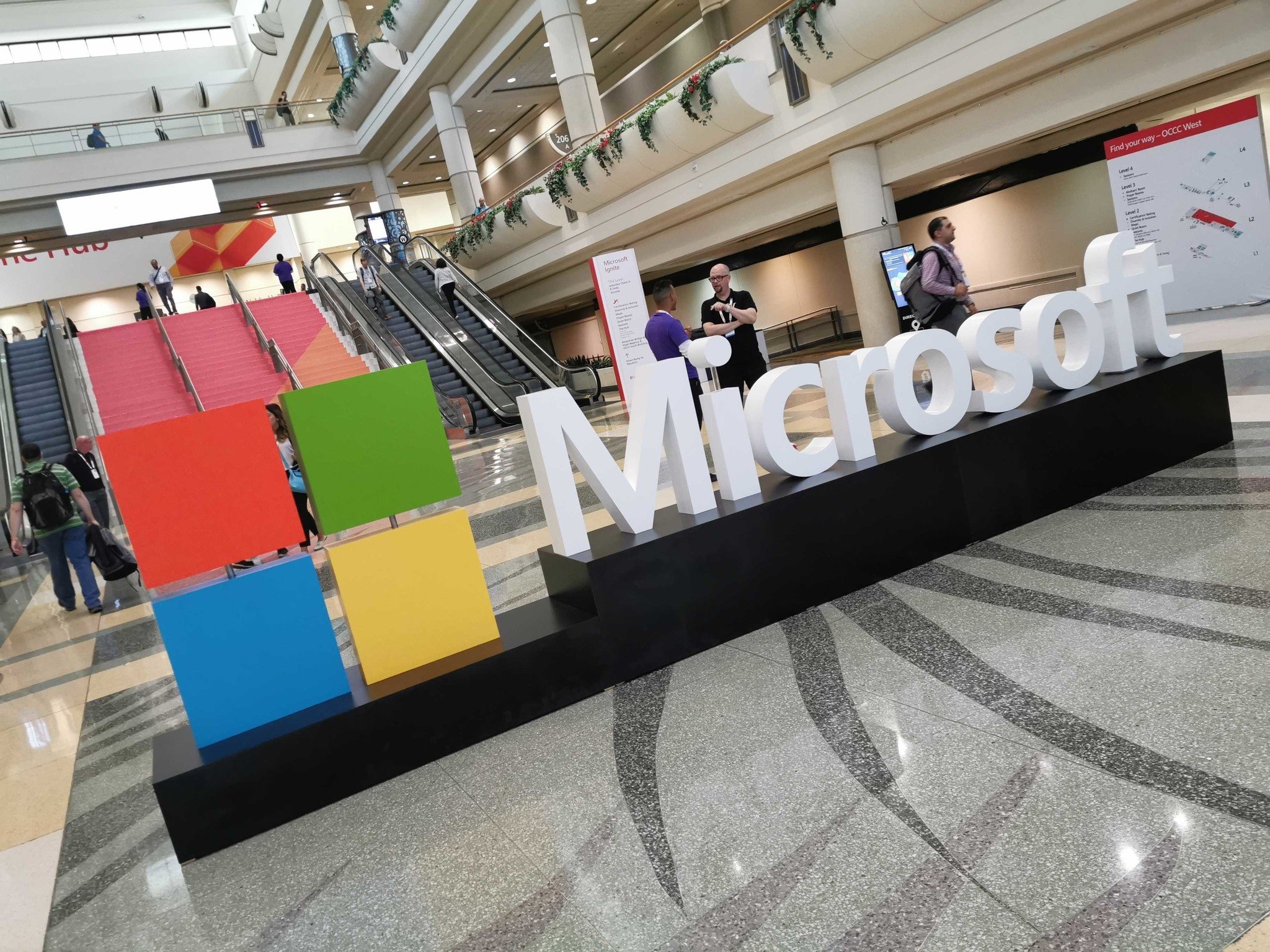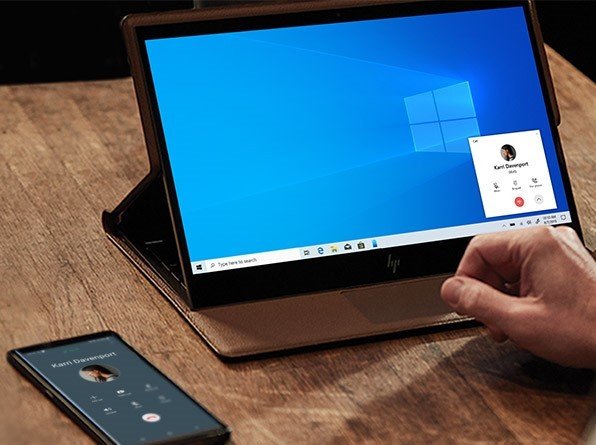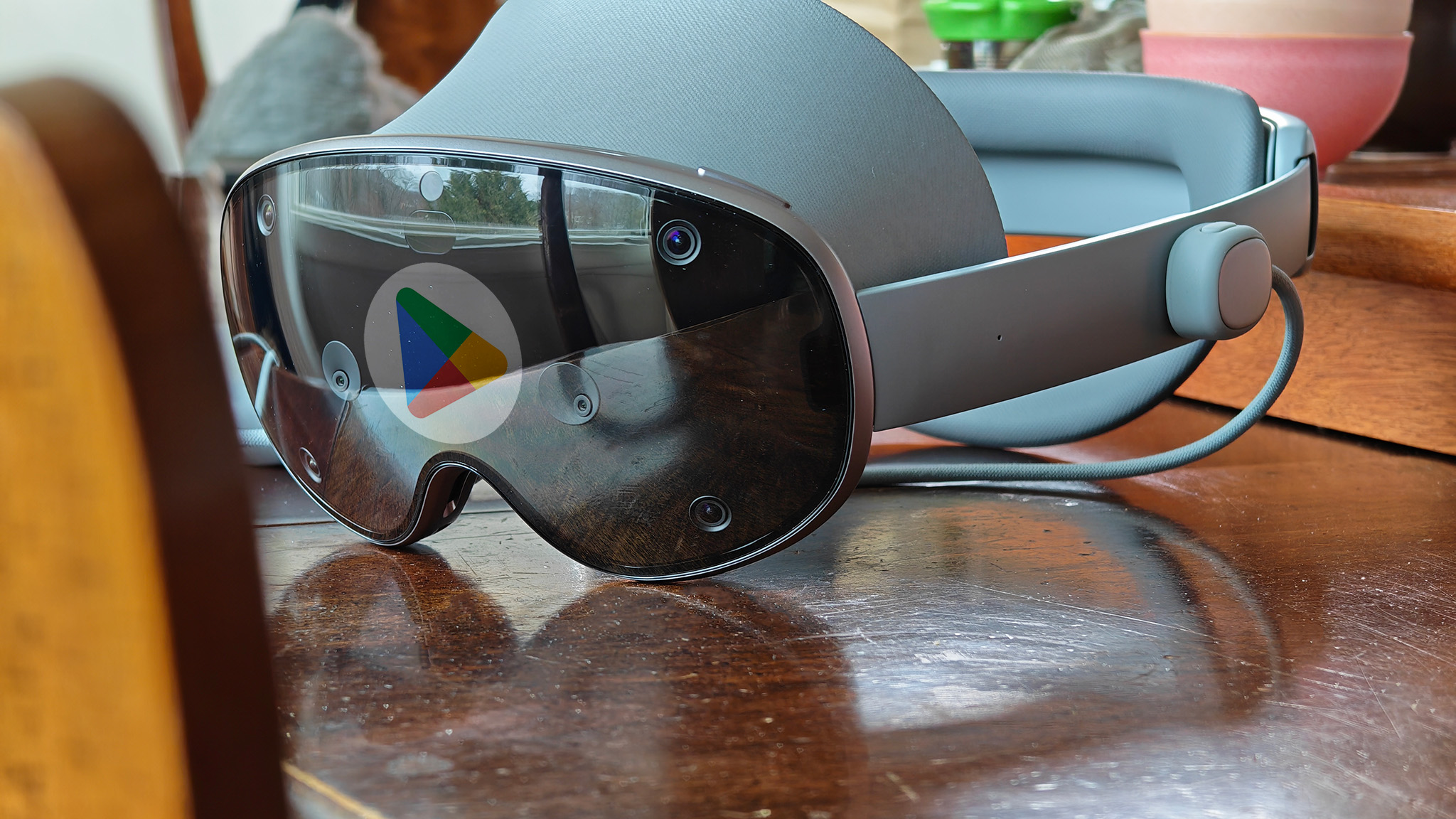Microsoft cares about Android almost as much as Google

Get the latest news from Android Central, your trusted companion in the world of Android
You are now subscribed
Your newsletter sign-up was successful
One of the more interesting announcements around Windows 11 is the fact that the operating system can run Android apps. Microsoft has teamed up with Amazon to bring the Amazon Appstore to Windows 11 using Intel Bridge, a run-time post compiler that allows Android apps built for Arm devices to function on the x86 platform.
What's particularly interesting is that you can even sideload Android apps on Windows 11, opening the doors for the best Android apps on the desktop platform. Although Microsoft doesn't sell phones anymore — the Surface Duo is more a technical showcase than a mainstream consumer device like the best Android phones — it cares deeply about Android.
Microsoft pivoted to a cloud-first strategy under Satya Nadella's leadership, ensuring its core services are available on all platforms. It also entered into a "long term commitment" with Samsung to pre-install the Office productivity suite, OneDrive, and LinkedIn on all Galaxy devices, and that partnership has paid off handsomely. Samsung sells over 250 million phones a year, and that means Microsoft automatically gets the same number of installs for its core services.
Microsoft essentially treats Android as a first-party platform.
Microsoft failed to turn Windows Phone into a viable mobile ecosystem, but it succeeded in creating a model that lets you use all of its services on Android and iOS as if they were first-party platforms. You can essentially turn your Android phone into a Microsoft phone as it were, using OneDrive in lieu of Google Drive, Edge instead of Chrome, the excellent SMS Organizer instead of Android Messages, Outlook instead of Gmail, Office suite for productivity needs, and Microsoft Launcher.
According to Neil Shah, partner and vice president of research at Counterpoint Research, Microsoft is now doubling down on creating these experiences that tie your phone and PC together; until now, Apple was the only manufacturer that was able to do so with any modicum of success.
"There is a dearth of tightly connected, seamless experiences between a personal computer and a personal phone. Apple is vertically integrated and growing cloud expertise is getting closer to providing one. However, in the Windows and Android space, both leaders in PC and mobile respectively, it is driven by several OEMs but the experiences are siloed and thus fragmented."
A key pillar in achieving this goal is Microsoft's partnership with Samsung. Back in 2019, Samsung started bundling Microsoft's Your Phone service into Galaxy phones out of the box, paving the way for these interconnected experiences. The service lets you take calls, view notifications and texts, copy and paste text between your phone and PC effortlessly.
Get the latest news from Android Central, your trusted companion in the world of Android

"Samsung is the only vendor which is close enough to replicate what Apple has been doing with MacBook and iPhone working diligently with Microsoft to bring a tighter seamless Galaxy smartphone continuity experience to Windows," said Shah. "This not only aids to seamlessly traverse between the two environments but also reduces a lot of cognitive load."
The continuation of these efforts is the integration of Android apps within Windows 11, notes Shah. "This has prompted Microsoft to see value in deeply integrating Android with Windows and offer native apps, control, notifications, and continuity experiences between the two platforms. With Windows 11, we are seeing the second step taken by Microsoft to welcome Amazon's Android App Store to the platform building upon the Cortana-Alexa partnership announced a year ago."
Shah points to the introduction of Android apps to Windows 11 as another lever for Microsoft to bolster its storefront. "What this also does is bringing tons of apps to Microsoft's store which has been insipid, revamping Microsoft's application store strategy. This is a good way for Microsoft to indirectly court Google's ecosystem via partnerships such as Samsung and Amazon."
As for why Microsoft didn't just partner with Google to bring the Play Store to Android, Shah referred to the ongoing rivalry between the two organizations on several fronts, including browsers, cloud platforms, and operating systems. "The rivalry between Microsoft and Google is even fiercer – from Chrome OS vs. Windows to Azure vs. Google Cloud to Google Docs vs. Microsoft Office 365 to Google Search vs. Bing and so forth. So a direct integration or partnership doesn't seem to be happening anytime soon."
It's clear that Microsoft has a long-term interest in Android. Alongside offering its services and releasing phones powered by Google's mobile OS, Microsoft actively contributes to the development of Android, making hundreds of code commits to the platform. Bringing Android apps to Windows 11 is a natural extension of this strategy; it allows Microsoft another gateway into the mobile ecosystem, and paves the way for thousands of new apps to debut on Windows at the same time.
While Microsoft doesn't seem willing to team up with Google to bring the Play Store to Windows at this moment, it is doing the next best thing.

Harish Jonnalagadda is Android Central's Senior Editor overseeing mobile coverage. In his current role, he leads the site's coverage of Chinese phone brands, networking products, and AV gear. He has been testing phones for over a decade, and has extensive experience in mobile hardware and the global semiconductor industry. Contact him on Twitter at @chunkynerd.
